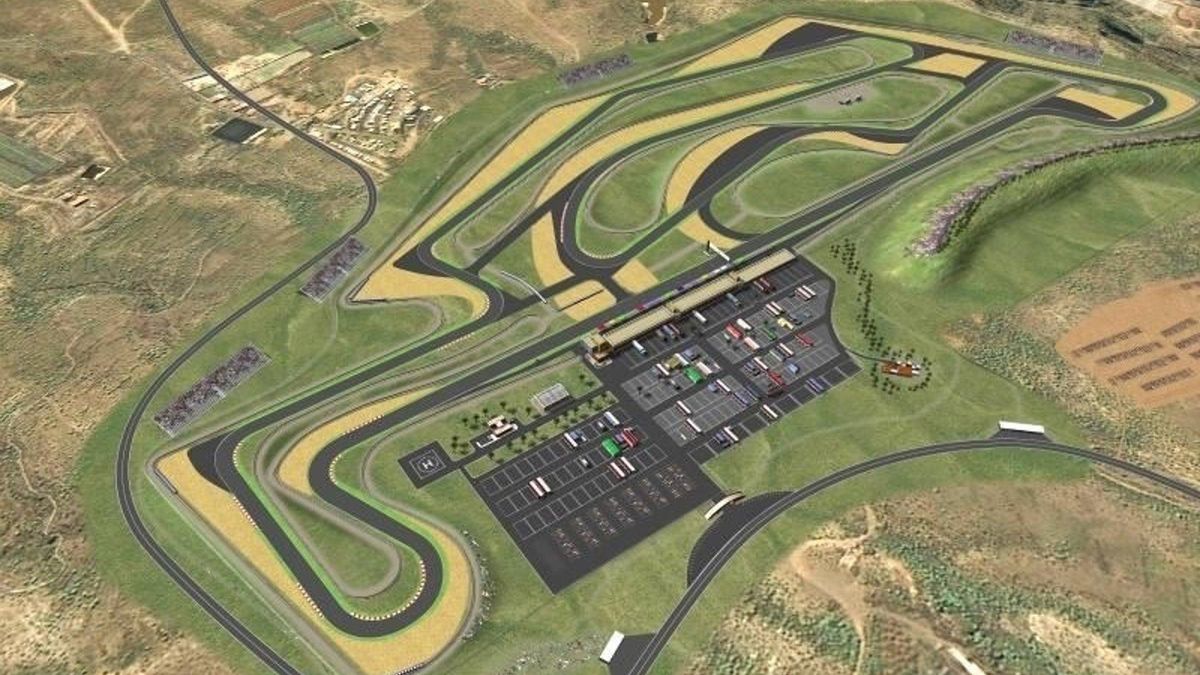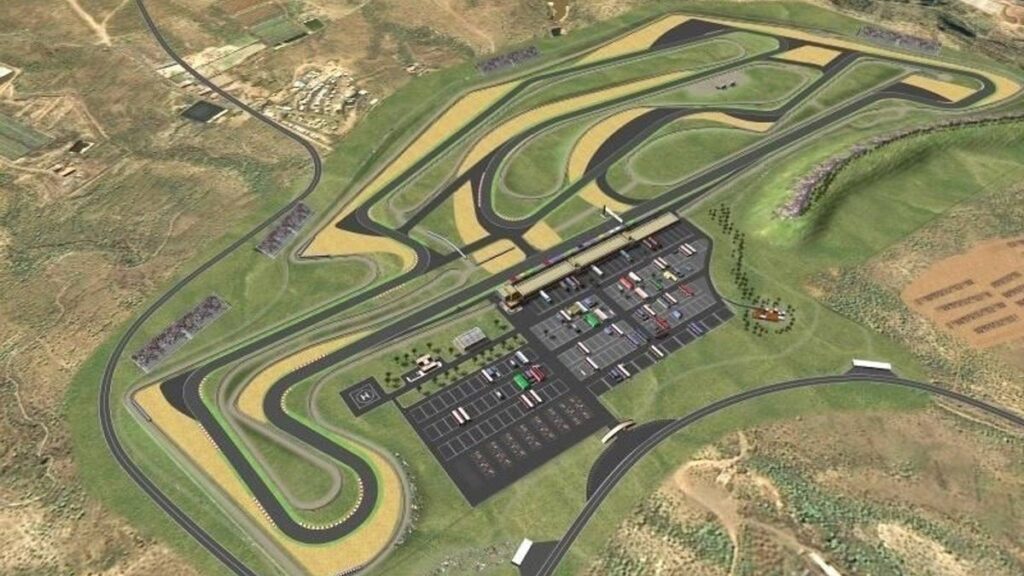Tenerife Government Stands Firm on Motor Circuit Project
The Tenerife Island Council (Cabildo de Tenerife) is maintaining the construction schedule and pace of work on the Granadilla Motor Circuit, defending it as an essential island sports facility that caters to the significant local passion for motorsport. This stance comes despite the prominent and long-standing protests that have been mounted against the project.
Legal challenges and government resolve
The president of the council, Rosa Dávila (Coalición Canaria), confirmed this position during a press conference detailing the agreements of the Governing Council. She stated that the project was initiated during the previous administration, put out to tender, and is now being upheld by the current governing team. Dávila pointed out that of four pending legal appeals, three have been resolved—two in the council’s favor and one against it. They are now awaiting a final ruling and an appeal to a first-instance sentence, meaning that in the meantime, “work on the project continues.”
Addressing criticisms of relevance
When questioned on whether the project is outdated and fails to meet the demands of modern society, Dávila called this a “subjective opinion.” She argued that, in her view, “nobody disputes” the investment of financial resources in facilities like the Heliodoro Rodríguez López football stadium or the island aquatic complex in Puerto de la Cruz, which serve the demands of football fans or swimmers.
Economic and industrial benefits cited
The vice-president and councillor for Tourism, Lope Afonso (PP), questioned how a project approved at the end of the last mandate could be considered outdated (the original project dates back to the 1990s). In any case, he asserted that it “moved forward with sufficient consensus” to be considered an “island project.” According to Afonso, the circuit will generate “added value” as a sports facility and also holds “complementary value” from the perspective of job creation and economic diversification. He specifically noted that it “links to a thriving industry like automotive and fuel development, which could involve new-generation ecological fuels.”
Environmental guarantees promised
Neither the environmental impact on the area’s natural heritage nor the lack of profitability of similar infrastructures in other locations were mentioned in the defense. However, Afonso insisted that the construction must proceed “with all environmental guarantees,” a standard he claims has been demonstrated. He noted that when unforeseen circumstances have arisen, work has been stopped, inspected, and not resumed until those issues were addressed.


